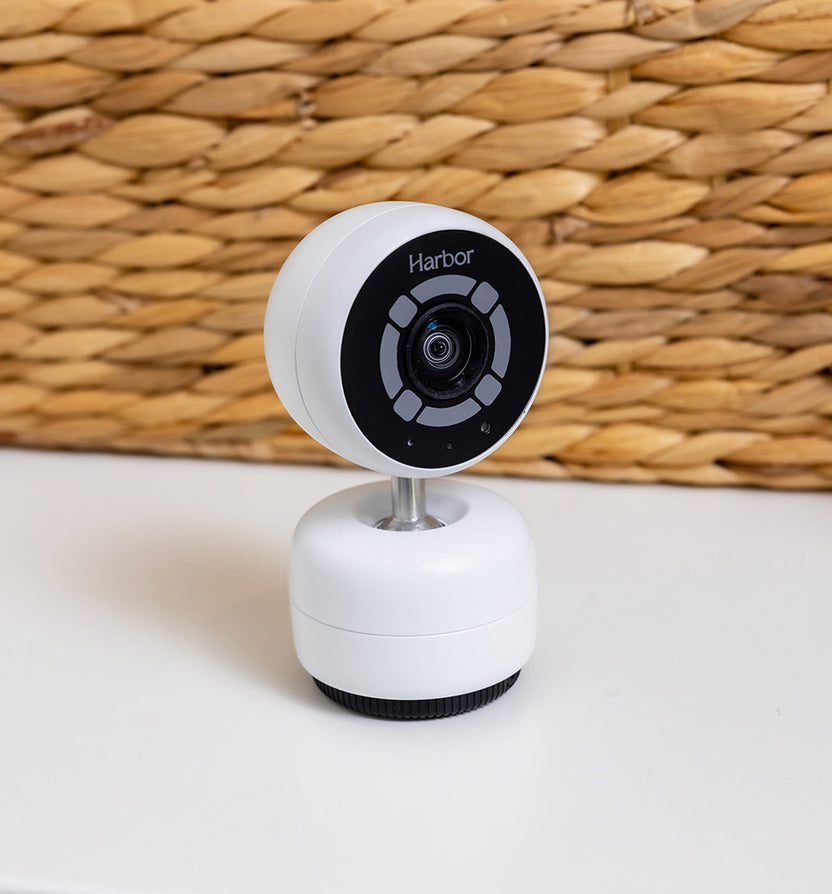
Dealing with Baby Sleep Regression: Causes, Solutions, and Tips
Sleep regressions, defined as deviations from a child’s typical sleep habits, are a normal part of a baby’s development. Just when you think you’ve gotten into a rhythm with sleep training, a regression will hit, leaving you and your little one tired and cranky.
Some regressions will last just a few days while others can be as long as 4–6 weeks. They’ll always be hard to predict, but by maintaining a consistent routine and a positive attitude, you can expect to return to your normal state of sleep.
Sleep regressions can’t be avoided, but there are a few things you can do to anticipate them and move through them with a bit more ease.
When do sleep regressions occur?
Regressions usually coincide with developmental milestones, so you might observe a significant surge in cognitive or physical abilities following a sleep regression, though some regressions will appear to have no explanation (yes, it’s frustrating!).
Every baby is unique, so you may experience more or fewer sleep regressions. However, most infants experience sleep regressions at four, eight, 12, and 18 months.
Looking for sleep tips for your little one’s first 12 weeks? Harbor has your back.
4-month sleep regression
Most babies experience their first sleep regression at around four months. In the first three months of an infant’s life, their sleep cycles are characterized by two phases: REM sleep and NREM (non-REM) sleep. Their sleep will be evenly split between REM and NREM until they develop a mature circadian rhythm and adopt a more adult-like sleep pattern.
When your little one’s circadian rhythm matures, REM sleep will decrease to 25% of a sleep cycle and occur later in a cycle. This transition can lead to frequent nighttime wakings, shorter naps, and increased fussiness.
8-month sleep regression
Your little one may experience regressions between months four and eight, but you can expect the 8-month regression to be your next big one. This sleep regression is typically linked to the development of cognitive and physical abilities, like crawling and teething.
You may notice sleep disruptions like nighttime wakings and shorter naps.
12-month sleep regression
As babies approach their first birthday, they may experience another sleep regression. Again, this is closely linked to developmental milestones like teething and budding independence, leading to nighttime wakings and bedtime resistance.\
18-month sleep regression
As your little one grows more independent and aware of their surroundings, they can experience sleep regressions related to new fears or anxieties. A sleep regression at this stage can also be associated with language development. As with the 12-month regression, you may notice nighttime wakings and bedtime resistance.
How to handle sleep regressions
In a baby’s first year of life, the best way to navigate a regression is to be patient. Know that sleep regressions are often temporary and typically signal that your little one’s brain is developing new skills. Maintaining a consistent schedule can minimize the impact and stress of sleep regressions. You may also consider giving your baby extra time to settle on their own, encouraging self-soothing. While it can be tempting to provide new forms of comfort, avoid rocking or nursing them to sleep, as that can create dependencies that are hard to break.
Read more in Harbor’s infant sleep guide, with tips to carry you from the first eight weeks through 18 months old.
When navigating the 12-18 month regressions, it’s okay to comfort your baby when they wake during the night. You may consider introducing a security object, like a blanket or stuffed animal, to offer comfort and familiarity when they wake during the night. You’ll also notice that maintaining a consistent schedule can provide a sense of stability, especially if you think a sleep regression is linked to fears or anxiety. Addressing those fears during the day can reduce the likelihood of it affecting your little one at night.
Remember, baby sleep regressions are temporary.
If you and your little one are struggling through a sleep regression, remember that it’s temporary. Do what you can to stick to a healthy routine, and don’t be afraid to ask for support to ensure that you’re taking care of yourself. Harbor’s infant care experts can provide you with guidance tailored to your family’s specific needs. Regressions can be hard on everyone, but with the right tools and a lot of patience, you’ll make it to the other side (and gain some new skills in the process!).




